Quote/s of the Day – 26 April – Feast of Our Lady of Good Counsel
“Let not your heart be disturbed.
Do not fear that sickness,
nor any other sickness or anguish.
Am I not here, who is your Mother?
Are you not under my protection?
Am I not your health?
Are you not happily within my fold?
What else do you wish?
Do not grieve nor be disturbed by anything!”
Our Lady of Guadalupe to Juan Diego
1531
“O, that the soul of Mary were in us,
to glorify the Lord!
That the spirit of Mary were in us,
to rejoice in God.
May the life of Blessed Mary
be ever present to our awareness.
In her, as in a mirror,
the form of virtue
and beauty of chastity, shine forth.
She was Virgin, not only in body
but in mind and spirit.
She never sullied the pure affection of her heart
by unworthy feelings.
She was humble of heart.
She was serious in her conversations.
She was prudent in her counsels.
She preferred to pray rather than to speak.
She united in her heart the prayers of the poor,
and avoided the uncertainty of worldly riches.
She was ever faithful to her daily duties,
reserved in her conversations
and always accustomed to recognise God
as the witness of her thoughts.
Blessed be the Name of Jesus!”
(On Virginity II 2.7)
St Ambrose (340-397)
Father and Doctor of the Church
“Mary, having merited to give flesh
to the Divine Word
and thus, supply the price
of our redemption
that we might be delivered
from eternal death, therefore,
she is more powerful
than all others,
to help us gain eternal life.”
St Augustine (354-430)
Father and Doctor of Grace
“If you are in danger,
if your hearts are confused, turn to Mary;
she is our comfort, our help;
turn towards her
and you will be saved.”



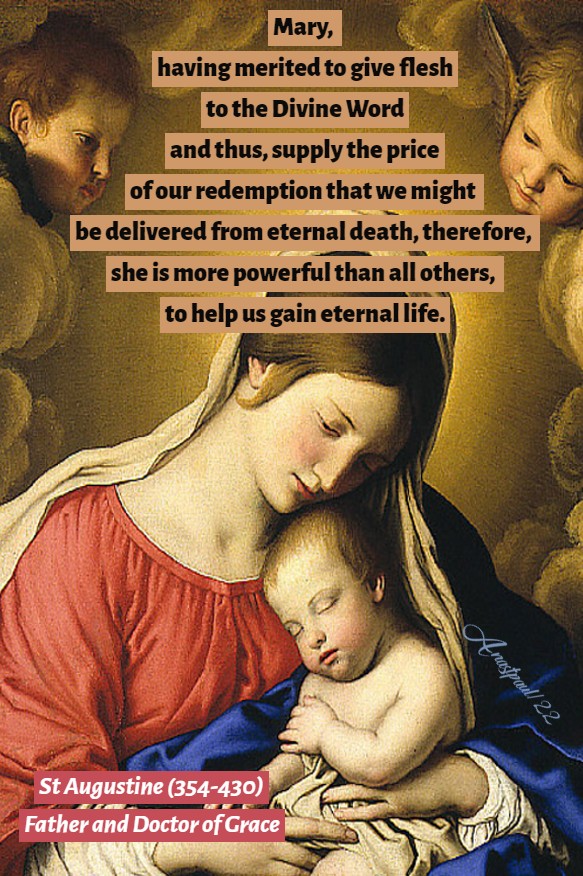





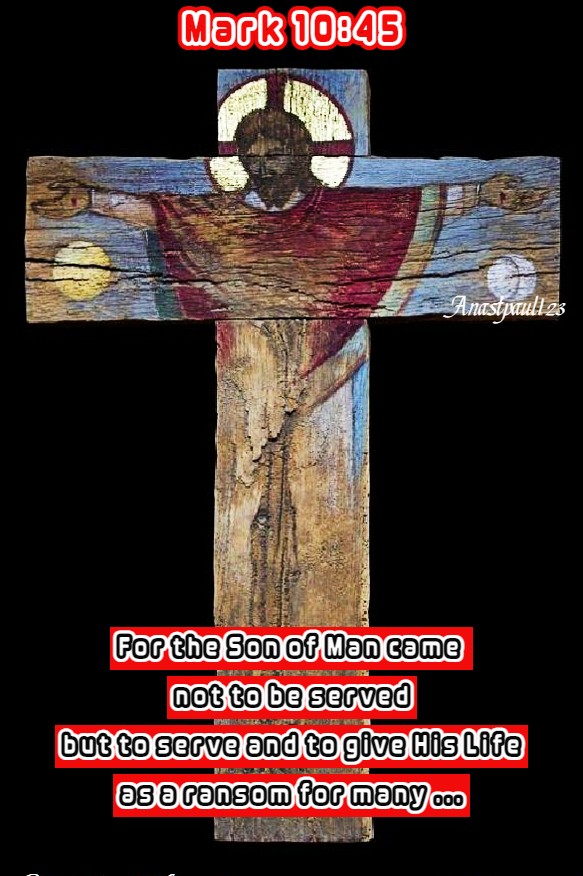
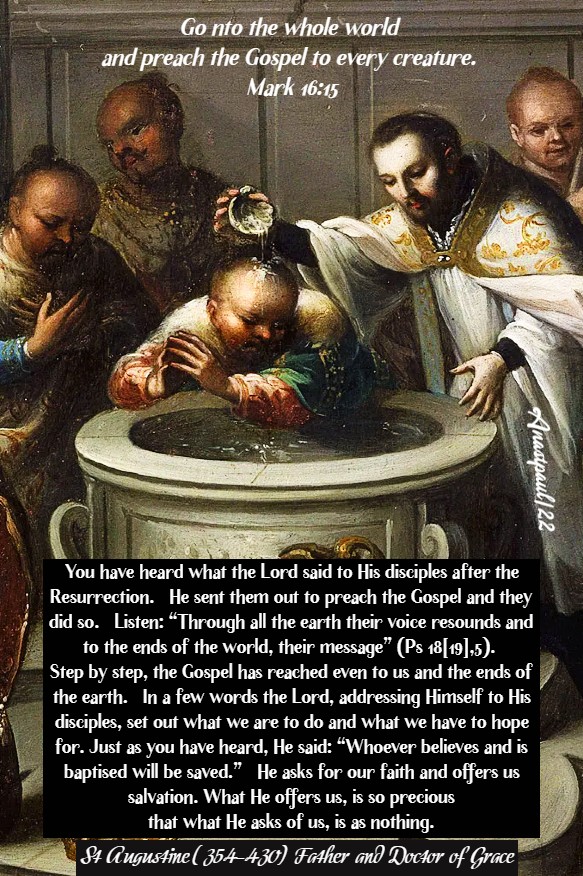


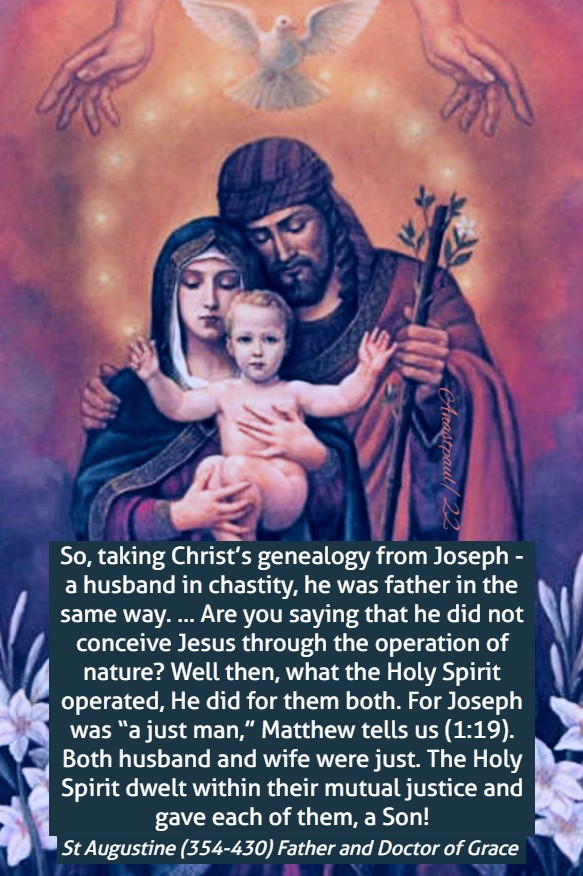


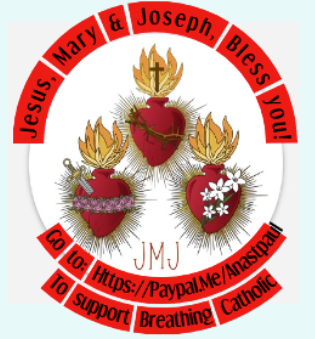
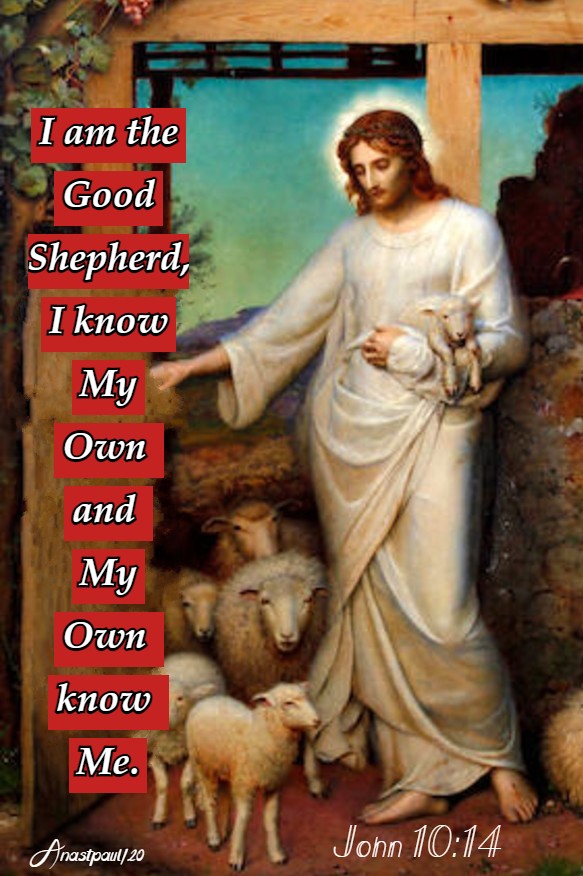






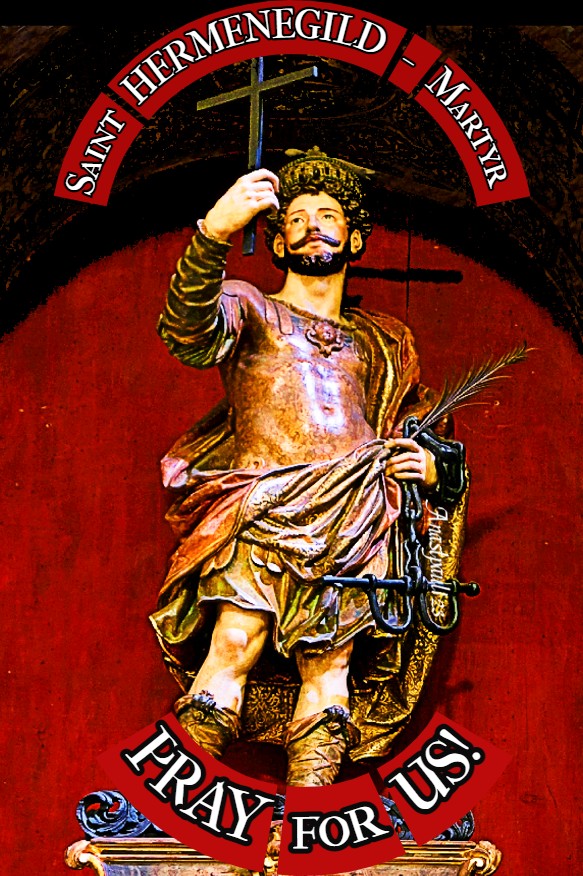


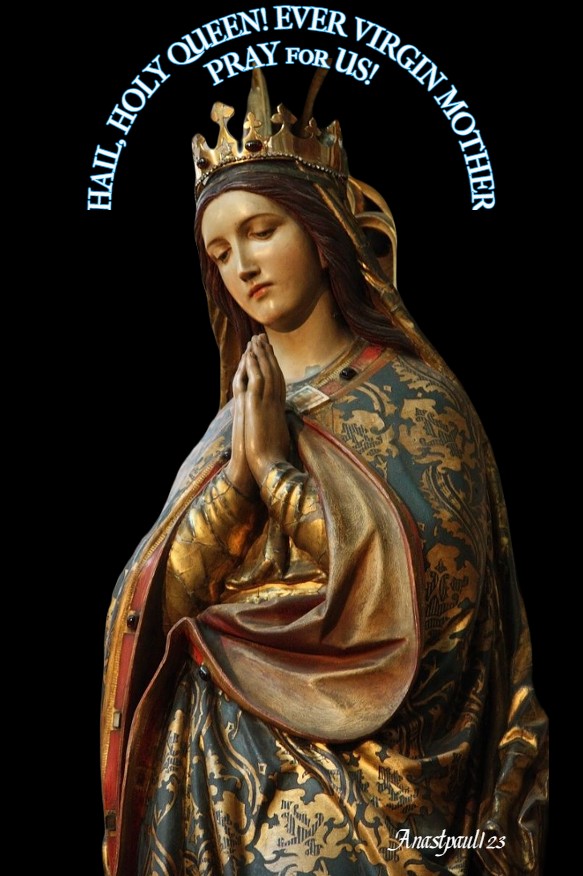



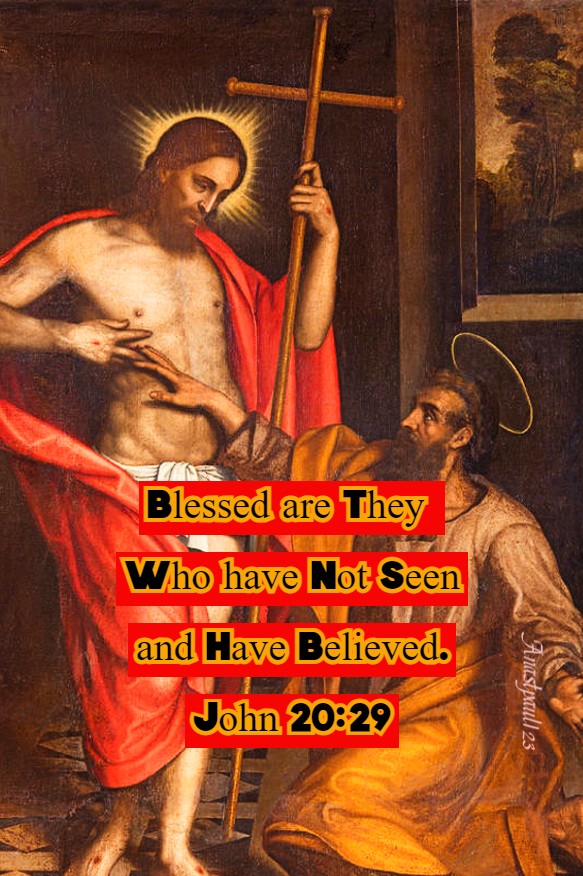

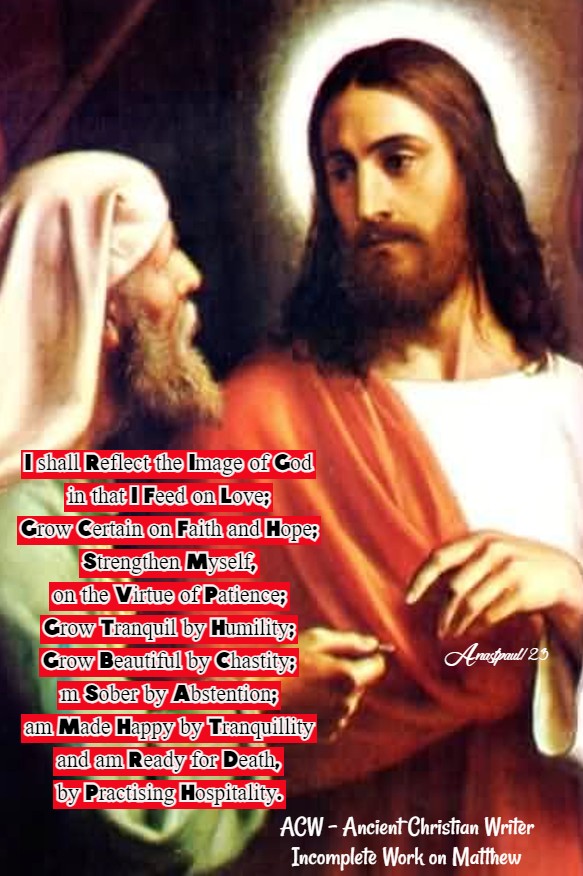

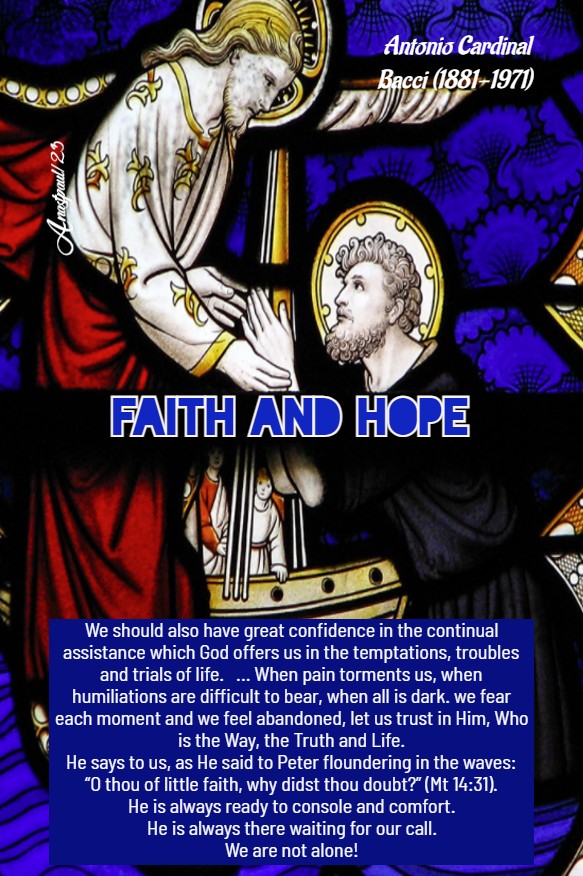

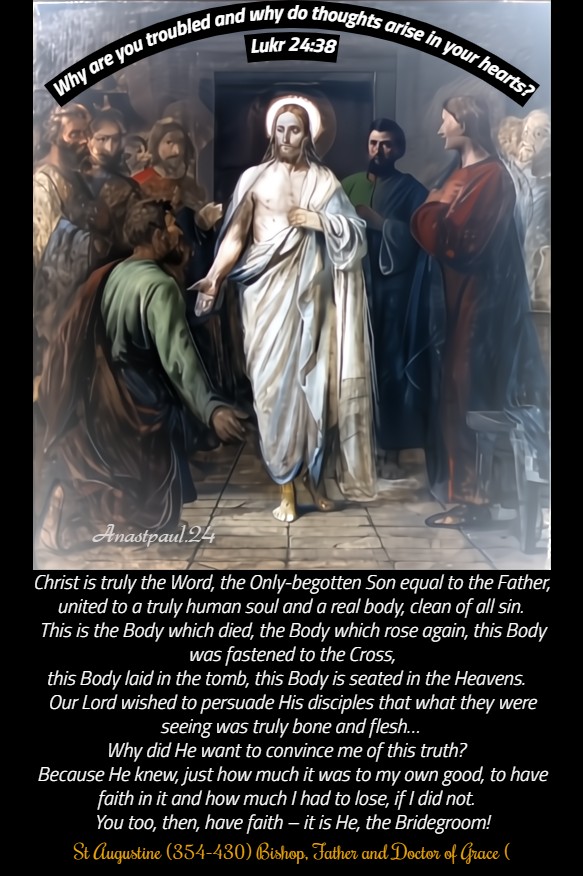


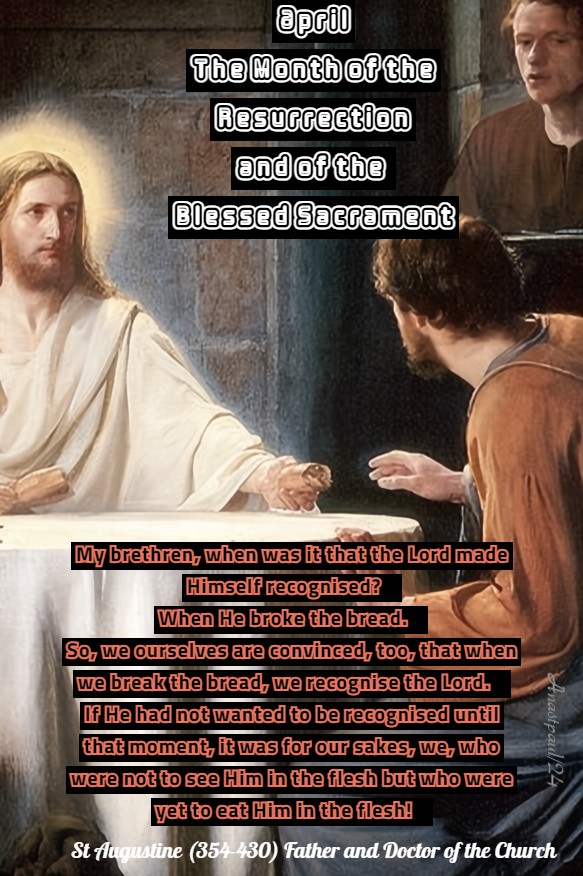
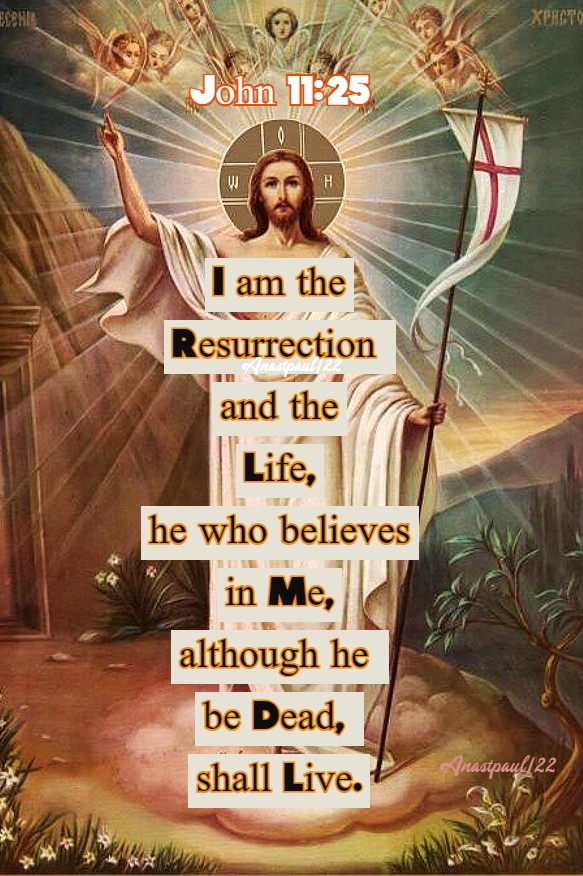








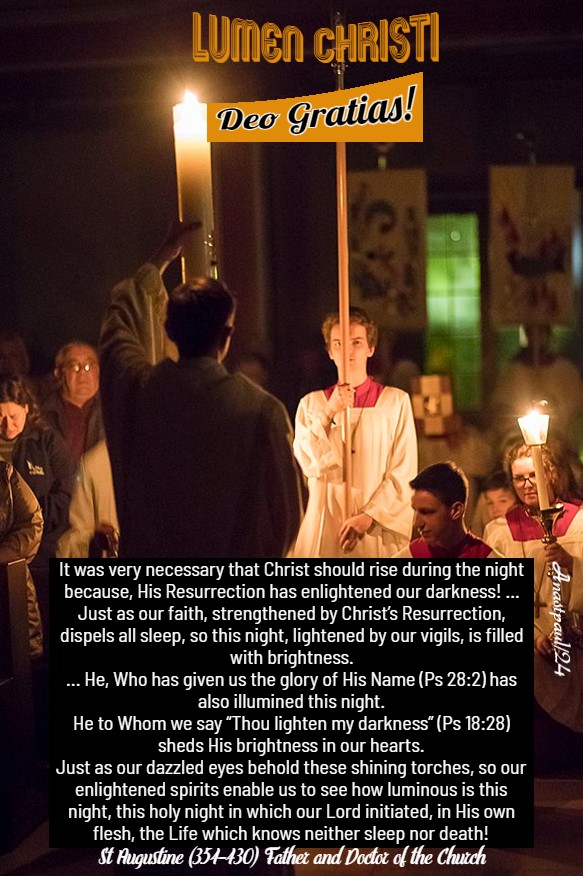

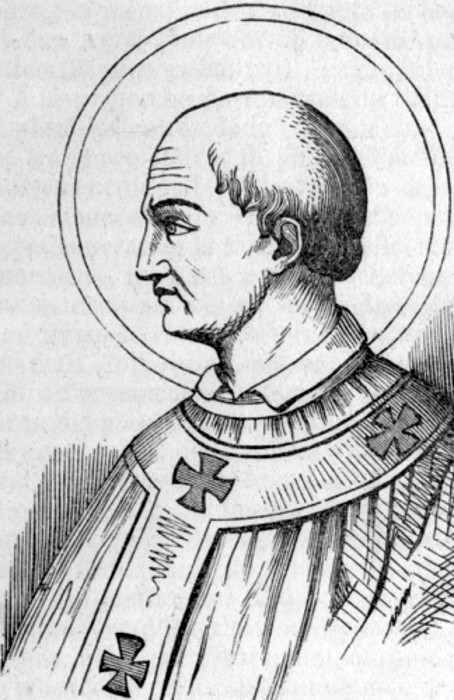


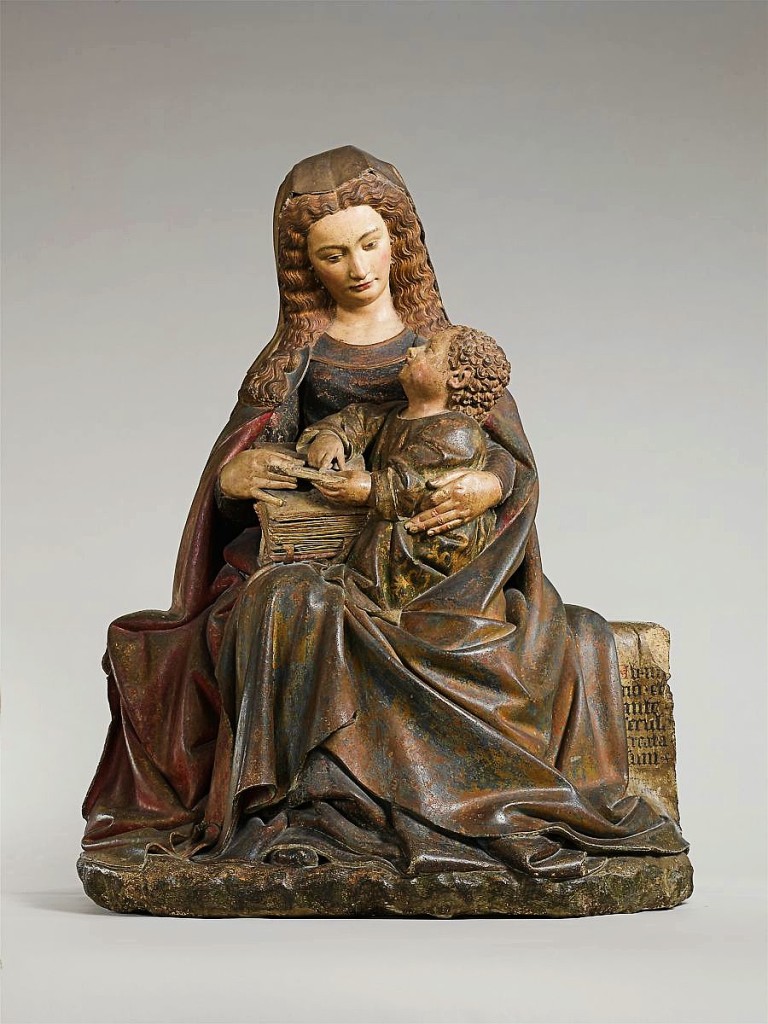





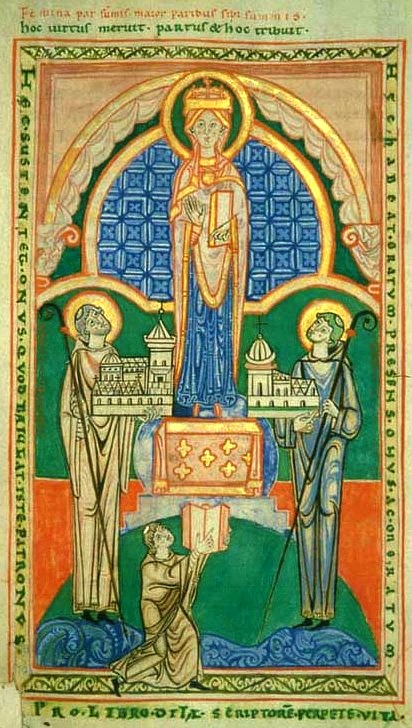


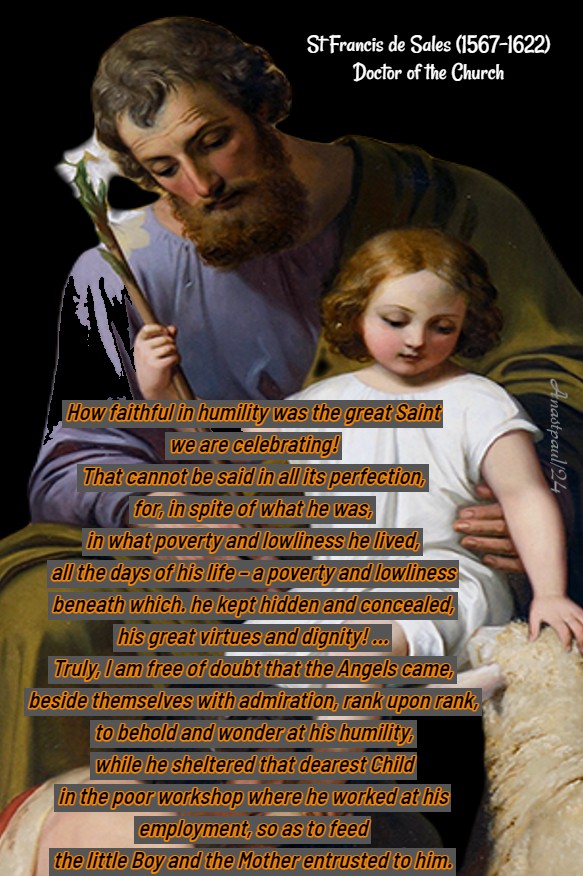
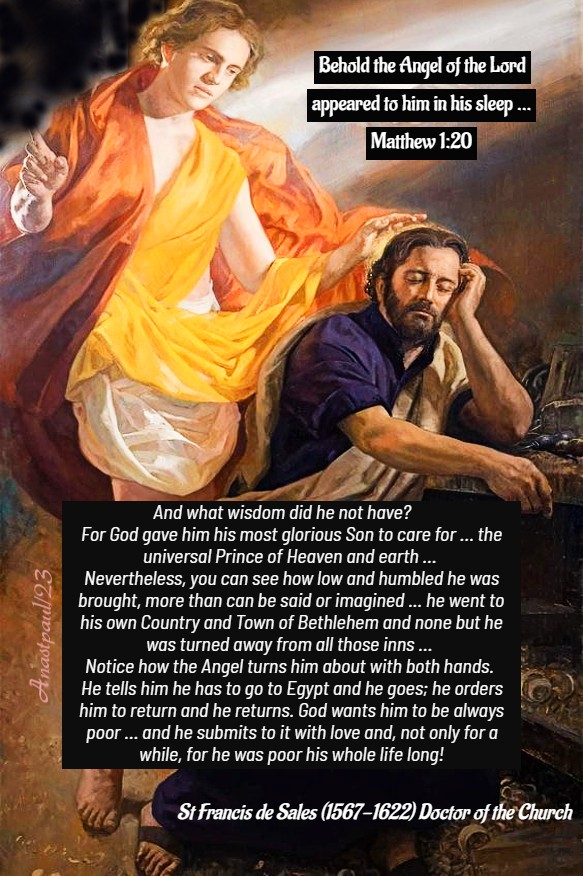



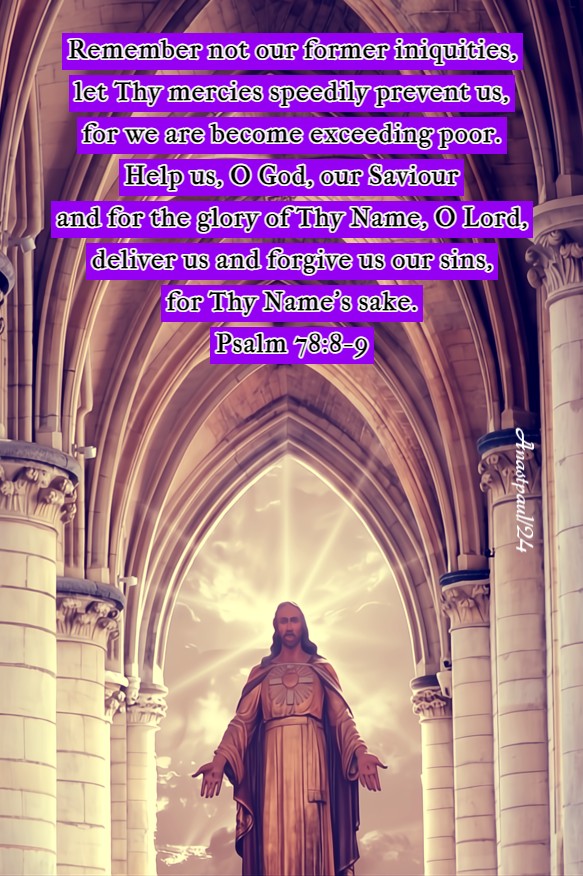





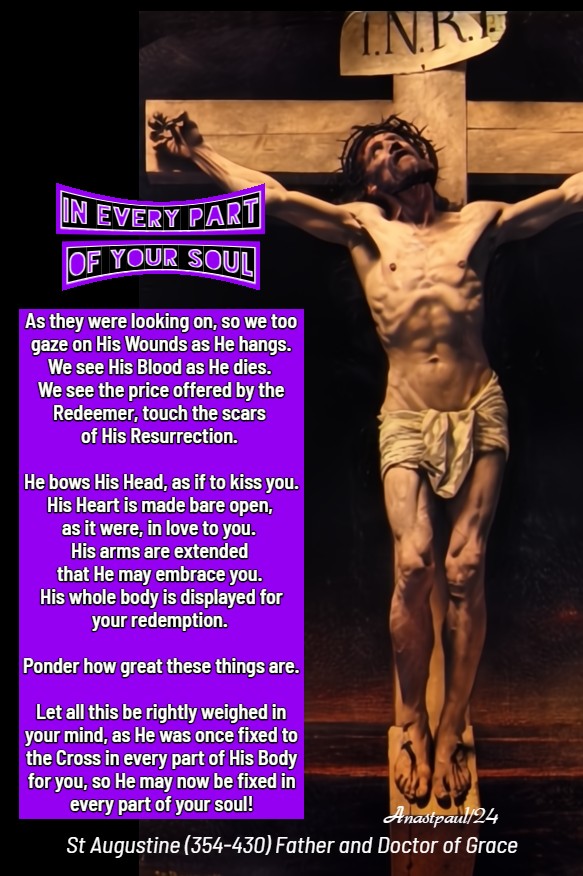








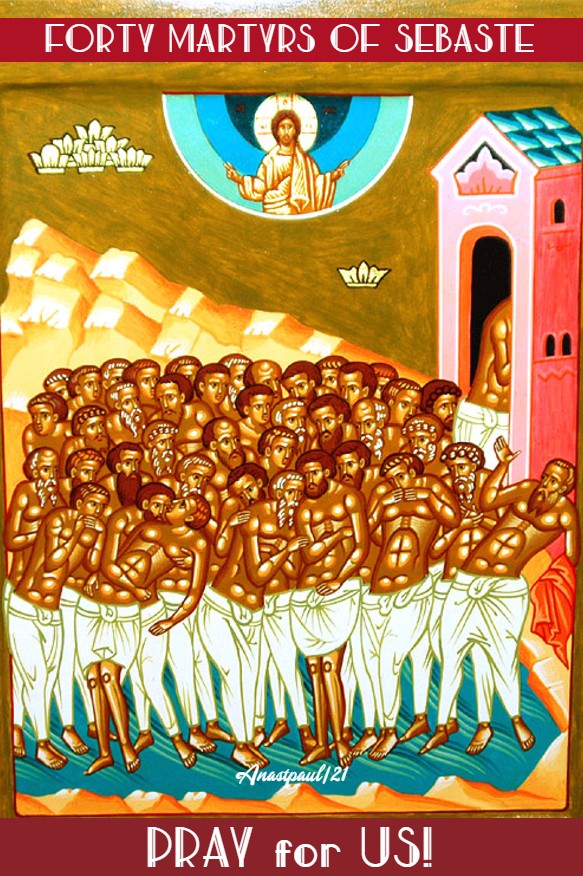



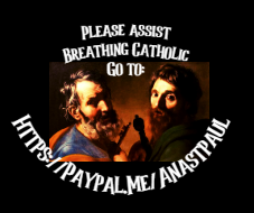


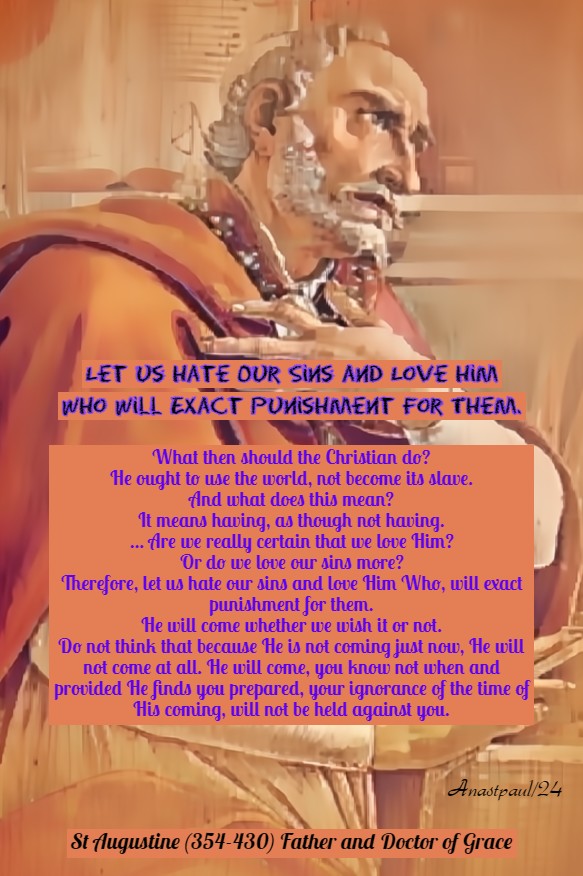
You must be logged in to post a comment.